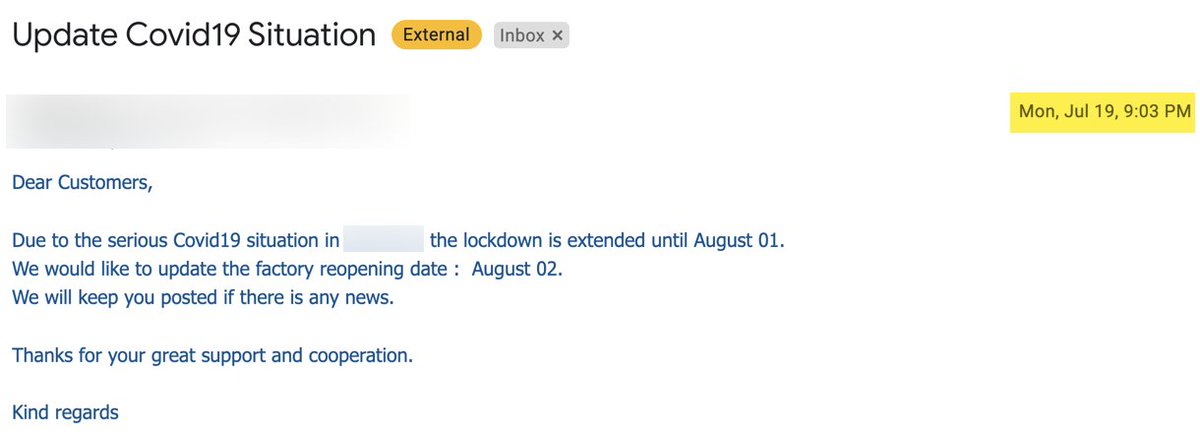
Can a country become sustainably rich without a sizable manufacturing base?
Ways to get rich:
- resource extraction
- tourism
- financial services
- service outsourcing
- software
- manufacturing
- something else I’m missing?
1/n
Ways to get rich:
- resource extraction
- tourism
- financial services
- service outsourcing
- software
- manufacturing
- something else I’m missing?
1/n
There’s something special about manufacturing. It taps into all of your human capital. Compare it to tourism. Your people oriented people work the hotels and restaurants. You get a small construction industry, a bit of marketing but that’s it.
2/n
2/n
Whereas for manufacturing, your people oriented people do sales, some people can work the plants, you can have designers, managers (yes you get these with tourism too), software, and construction. All your human capital gets tapped.
3/n
3/n
If you have a software nation a lot of your people can’t participate. The guy who assembled chassis at GM has zero place in Facebook.
Further, rapid development in a non-manufacturing field in a country can rob that country of developing a manufacturing industry.
4/n
Further, rapid development in a non-manufacturing field in a country can rob that country of developing a manufacturing industry.
4/n
Baumol’s cost disease, aka you can’t find good managers for your manufacturing plant because they all work at hotels in Phuket, and currency inflows from resource extraction aka Dutch disease make your exports noncompetitive.
5/n
5/n
This seems to be what is happening in Thailand (tourism), India (BPO and software), and the Philippines (BPO).
These countries, despite being first rate in their fields can’t tap into their whole human capital base.
Victims of their own success
6/6
These countries, despite being first rate in their fields can’t tap into their whole human capital base.
Victims of their own success
6/6
• • •
Missing some Tweet in this thread? You can try to
force a refresh
















